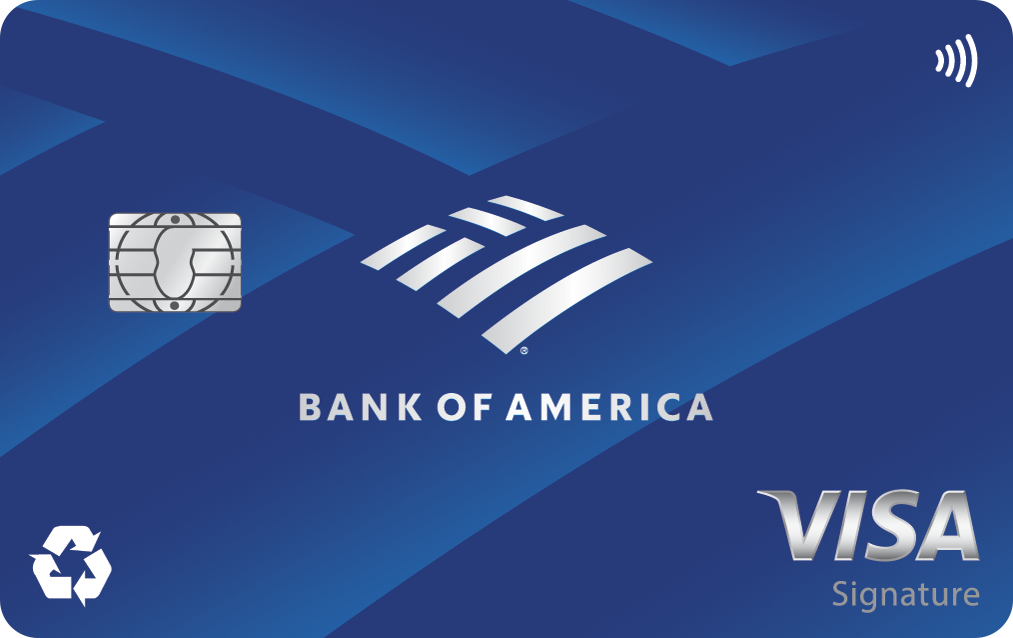Our hub covers everything you need to know about credit cards—how they work, managing debt, upgrading cards, maximizing rewards, and calculating your debt payoff timeline. Whether you're looking understand your credit or optimize your rewards, we provide expert insights to guide your financial decisions
Tools
Credit card 101
- How Credit Cards Work: A Beginner's Guide
- What First-Time Credit Card Users Need to Know
- How to Get a Credit Card for the First Time
- Cash vs. Credit Card: Which Is the Better Way to Pay?
- How to Read Your Credit Card Statement
- What's the Difference Between a Credit Card and a Charge Card?
- What Are Foreign Transaction Fees?
FAQs
Learn how
- How to Dispute a Credit Card Charge
- A Complete Guide to Balance Transfers
- How to Add Authorized Users on Credit Cards
- How to Apply for a Credit Card (and Get Approved)
- How Do Cash Back Credit Cards Work?
- How to Close a Credit Card Without Hurting Your Credit Score
- How Does a Credit Card Cash Advance Work?
- How Do Credit Card Miles Work?
- How Do Credit Card Points Work?
- How to Downgrade a Credit Card
- How to Get Cash From a Credit Card
- How Many Credit Cards Should I Have?
- How to Lower Your Credit Card Interest Rate
- How to Upgrade a Credit Card
- If I Pay Off a Credit Card, Will My Credit Score Change?
- How Your Income Affects Credit Card Applications
- How to Increase Your Credit Limit
- How to Travel for Free With Credit Card Points
Credit card comparison
We recommend comparing options to ensure the card you're selecting is the best fit for you. To make your search easier, here's a short list of standout credit cards.
| Offer | Our Rating | Welcome Offer | Rewards Program | APR | Learn More |
|---|---|---|---|---|---|
|
5.00/5
Our ratings are based on a 5 star scale.
5 stars equals Best.
4 stars equals Excellent.
3 stars equals Good.
2 stars equals Fair.
1 star equals Poor.
We want your money to work harder for you. Which is why our ratings are biased toward offers that deliver versatility while cutting out-of-pocket costs.
|
Discover will match all the cash back you’ve earned at the end of your first year. INTRO OFFER: Unlimited Cashback Match for all new cardmembers–only from Discover. Discover will automatically match all the cash back you’ve earned at the end of your first year! There’s no minimum spending or maximum rewards. You could turn $150 cash back into $300. | 1% - 5% Cashback Earn 5% cash back on everyday purchases at different places you shop each quarter like grocery stores, restaurants, gas stations, and more, up to the quarterly maximum when you activate. Plus, earn unlimited 1% cash back on all other purchases. |
Intro: Purchases: 0%, 15 months Balance Transfers: 0%, 15 months Regular: 17.74% - 26.74% Variable APR *Rates as of December 15, 2025 |
||
|
5.00/5
Our ratings are based on a 5 star scale.
5 stars equals Best.
4 stars equals Excellent.
3 stars equals Good.
2 stars equals Fair.
1 star equals Poor.
We want your money to work harder for you. Which is why our ratings are biased toward offers that deliver versatility while cutting out-of-pocket costs.
|
N/A | N/A |
Intro: 0% intro APR for 21 months from account opening on purchases and qualifying balance transfers Purchases: 0% intro APR for 21 months from account opening on purchases Balance Transfers: 0% intro APR for 21 months from account opening on qualifying balance transfers Regular: 17.49%, 23.99%, or 28.24% Variable APR |
||

Apply Now for Bank of America® Travel Rewards credit card
On Bank of America's Secure Website. |
4.70/5
Our ratings are based on a 5 star scale.
5 stars equals Best.
4 stars equals Excellent.
3 stars equals Good.
2 stars equals Fair.
1 star equals Poor.
We want your money to work harder for you. Which is why our ratings are biased toward offers that deliver versatility while cutting out-of-pocket costs.
|
25,000 points (worth $250) 25,000 online bonus points after you make at least $1,000 in purchases in the first 90 days of account opening - that can be a $250 statement credit toward travel purchases | 1.5-3 points per dollar Earn unlimited 1.5 points per $1 spent on all purchases, with no annual fee and no foreign transaction fees, and your points don't expire as long as your account remains open. Earn 3 points per $1 spent on travel purchases booked through the Bank of America Travel Center. |
Intro: 0% Intro APR for 15 billing cycles for purchases, and for any balance transfers made in the first 60 days. After the Intro APR offer ends, a Variable APR that’s currently 17.49% - 27.49% will apply. A 3% Intro balance transfer fee will apply for the first 60 days your account is open. After the Intro balance transfer fee offer ends, the fee for future balance transfers is 4%. Balance transfers may not be used to pay any account provided by Bank of America. Purchases: 0% Intro APR for 15 billing cycles for purchases Balance Transfers: 0% Intro APR for 15 billing cycles for any balance transfers made in the first 60 days Regular: 17.49% - 27.49% (Variable) |
Apply Now for Bank of America® Travel Rewards credit card
On Bank of America's Secure Website. |

